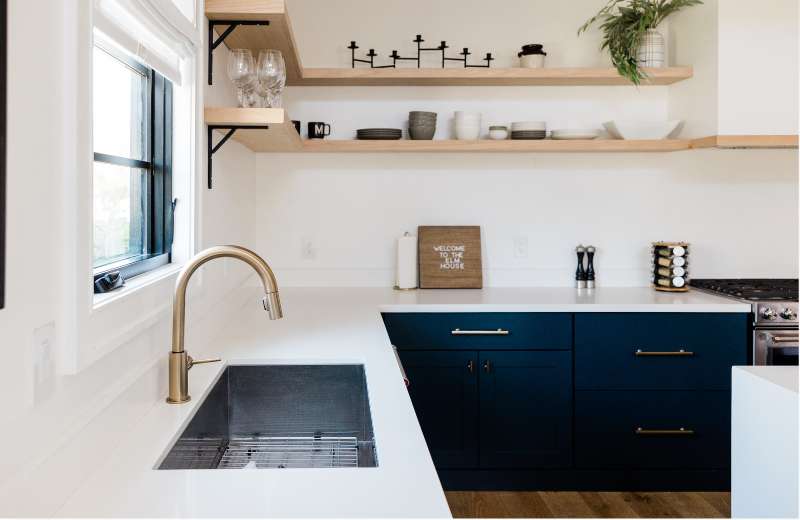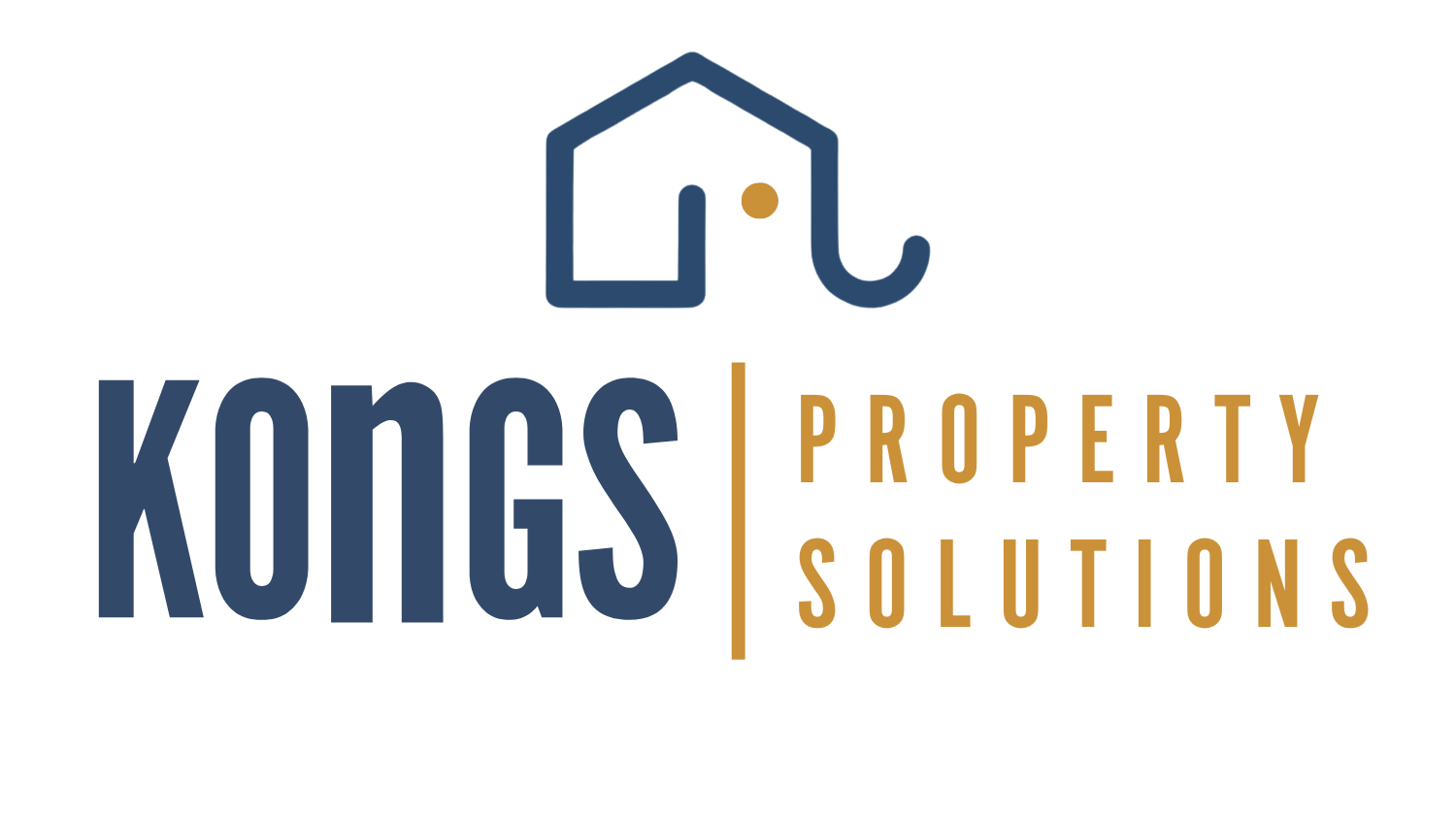
How to Avoid Real Estate Agent Fees and Get More Cash for Your Home

Table of Contents
1. Introduction
2. Understanding the Process
3. Preparing Your Home for Sale
4. Setting a Competitive Price
5. Marketing Your Property
6. Hosting Open Houses and Showings
7. Negotiating with Buyers
8. Handling the Paperwork
9. Closing the Sale
10. Maximizing Your Profit: Final Tips
11. Frequently Asked Questions (FAQs)
Selling your home without a real estate agent can be a rewarding experience, both financially and personally.
By following this guide, you’ll be well-equipped to manage the process and maximize your profit. Take control of your home sale and enjoy the benefits of keeping more cash in your pocket.
Introduction
Quick Summary
Selling your home without a real estate agent can be both financially rewarding and empowering. By taking charge of the process, you can avoid paying substantial commission fees, which typically range from 5% to 6% of your home’s selling price. This guide will equip you with the knowledge and tools necessary to navigate the home selling process independently, ensuring you get the best possible return on your investment.
In this detailed review, you will learn how to prepare your home for sale, set a competitive price, market your property effectively, negotiate with buyers, and handle all necessary paperwork. By following these steps, you can confidently sell your home on your own and maximize your profit.
Understanding the Process
Before embarking on the journey of selling your home without a real estate agent, it’s crucial to understand the entire process. Selling a home involves several stages, each requiring careful planning and execution. Here’s a detailed look at each step:
The Key Steps Involved
- Preparing Your Home for Sale: This includes cleaning, decluttering, making minor repairs, and staging your home to make it appealing to potential buyers.
- Setting a Competitive Price: Research the market to determine a fair price for your home.
- Marketing the Property: Use various platforms to advertise your home and attract potential buyers.
- Hosting Open Houses and Showings: Allow buyers to visit and inspect your home.
- Negotiating with Buyers: Understand and negotiate offers to get the best deal.
- Handling the Paperwork: Manage all legal and transactional documents involved in the sale.
- Closing the Sale: Finalize the transaction and transfer ownership to the buyer.
Understanding these steps in detail will help you manage the process smoothly and avoid common pitfalls.
Preparing Your Home for Sale
Preparing your home for sale is the first crucial step in attracting potential buyers. A well-prepared home can make a significant difference in how quickly it sells and at what price. Here’s how to get your home ready:
Cleaning and Decluttering
A clean and clutter-free home creates a positive first impression. Here are some tips:
- Deep Clean: Ensure every nook and cranny is spotless. Consider hiring professional cleaners if necessary.
- Declutter: Remove personal items and excess furniture to make your home look spacious.
- Organize: Keep closets and storage areas tidy, as buyers will likely inspect them.
Minor Repairs and Updates
Small repairs and updates can significantly enhance your home’s appeal. Focus on:
- Fixing Leaks and Cracks: Address any leaky faucets, cracked tiles, or peeling paint.
- Updating Fixtures: Replace outdated fixtures such as light switches, faucets, and cabinet handles.
- Enhancing Curb Appeal: Mow the lawn, trim bushes, and add some potted plants to make your home inviting from the outside.
Staging Your Home
Staging involves arranging furniture and decor to highlight your home’s best features. Here’s how to do it effectively:
- Neutral Decor: Use neutral colors and simple decor to appeal to a broad range of buyers.
- Highlight Key Areas: Emphasize the living room, kitchen, and master bedroom.
- Add Finishing Touches: Fresh flowers, clean linens, and a few well-placed accessories can make your home look more inviting.
Setting a Competitive Price
Setting the right price for your home is essential to attract buyers and ensure a quick sale. Here’s how to determine a competitive price:
Researching Comparable Properties
Look at similar homes in your area that have recently sold. Consider:
- Location: Proximity to schools, parks, and shopping centers.
- Size and Layout: Compare homes with similar square footage and floor plans.
- Condition: Take into account the age and condition of comparable properties.
Utilizing Online Valuation Tools
Online tools like Zillow and Redfin can provide a rough estimate of your home’s value. Keep in mind:
- Accuracy: These tools use algorithms that may not account for unique features of your home.
- Multiple Sources: Use several tools to get a broader perspective.
Considering a Professional Appraisal
A professional appraisal can give you a precise value for your home. Benefits include:
- Objective Assessment: An appraiser provides an unbiased valuation based on comprehensive market analysis.
- Credibility: An appraisal can give potential buyers confidence in your asking price.
Marketing Your Property
Effective marketing is key to attracting potential buyers. Here are some strategies to ensure your property gets maximum exposure:
Leveraging Online Platforms
In addition to MLS, use online platforms to reach a wider audience:
- Real Estate Websites: Post your listing on popular sites like Zillow, Trulia, and Realtor.com.
- Targeted Ads: Use Google and Facebook ads to target potential buyers in your area.
Utilizing Social Media
Social media is a powerful tool for marketing your home. Here’s how to make the most of it:
- Create Engaging Posts: Use high-quality photos and videos to showcase your home.
- Leverage Networks: Share your listing with friends and family to increase visibility.
- Join Local Groups: Post in community groups and real estate forums.
Investing in High-Quality Photos and Videos
Professional photography and videography can make your listing stand out. Consider:
- Hiring a Professional: Invest in a professional photographer to capture your home in the best light.
- Virtual Tours: Create virtual tours to allow buyers to explore your home online.
Hosting Open Houses and Showings
Open houses and private showings give potential buyers the opportunity to see your home in person. Here’s how to host successful events:
Scheduling Open Houses
Choose convenient times to host open houses. Tips include:
- Weekends and Evenings: These times are typically most convenient for buyers.
- Multiple Sessions: Host multiple open houses to accommodate different schedules.
Promoting Your Event
Effective promotion ensures a good turnout. Here’s how to spread the word:
- Online Listings: Promote your open house on real estate websites and social media.
- Local Advertising: Use flyers, local newspapers, and community boards.
Creating a Welcoming Atmosphere
A welcoming atmosphere can make a positive impression. Consider:
- Clean and Bright: Ensure your home is clean and well-lit.
- Comfortable Temperature: Maintain a comfortable temperature inside your home.
- Refreshments: Offer light refreshments to make visitors feel welcome.
Negotiating with Buyers
Once you receive offers, it’s time to negotiate to get the best deal. Here’s how to handle negotiations effectively:
Understanding Offer Terms
Evaluate each offer thoroughly. Consider:
- Price: Look at the offered price compared to your asking price.
- Contingencies: Understand any contingencies, such as financing or inspection requirements.
- Timeline: Consider the proposed closing date and any flexibility.
Making Counteroffers
If an offer is lower than expected, make a counteroffer. Tips include:
- Be Realistic: Set a counteroffer that is fair and within market value.
- Communicate Clearly: Clearly state your terms and expectations.
Maintaining Professionalism
Keep negotiations professional and cordial. Remember:
- Stay Calm: Keep emotions in check and focus on the facts.
- Be Patient: Negotiations can take time, so be prepared for back-and-forth discussions.
Handling the Paperwork
Selling a home involves a significant amount of paperwork. Here’s how to manage it effectively:
Hiring a Real Estate Attorney
Even without an agent, a real estate attorney can be invaluable. Benefits include:
- Legal Expertise: An attorney ensures all legal aspects are covered.
- Document Preparation: They can help prepare and review all necessary documents.
Understanding Required Documents
Familiarize yourself with the required paperwork. Key documents include:
- Purchase Agreement: The contract between you and the buyer.
- Disclosure Forms: Documents detailing any known issues with the property.
- Closing Documents: Final documents needed to transfer ownership.
Coordinating with the Title Company
The title company handles the transfer of ownership. Here’s what to do:
- Choose a Reputable Company: Ensure the company is experienced and reliable.
- Clear Communication: Keep in touch with the title company to ensure a smooth process.
Closing the Sale
Closing is the final step in the home selling process. Here’s what to expect:
Final Walkthrough
The buyer may request a final walkthrough to ensure the property is in the agreed condition. Prepare by:
- Cleaning Again: Make sure the home is clean and presentable.
- Addressing Issues: Fix any issues that have arisen since the initial offer.
Signing Documents
Both parties will sign the necessary documents to transfer ownership. Ensure:
- All Parties Are Present: Both buyer and seller should be present to sign documents.
- Notarization: Some documents may need to be notarized.
Receiving Payment
After signing the documents, you’ll receive your payment. Here’s how it works:
- Funds Transfer: The title company will handle the transfer of funds.
- Clear Title: Ensure there are no liens or issues with the title.
Maximizing Your Profit: Final Tips
To ensure you get the most cash for your home, consider these final tips:
- Be Flexible with Showings: Accommodate potential buyers’ schedules to increase your chances of a sale.
- Negotiate Wisely: Be prepared to negotiate and compromise to reach a deal.
- Stay Informed: Keep up with market trends to make informed decisions.
Frequently Asked Questions (FAQs)
Q: Can I really sell my home without a real estate agent?
A: Yes, you can sell your home without a real estate agent. It requires effort and understanding of the process, but it’s entirely possible.
Q: How do I determine the right price for my home?
A: Research comparable properties, use online valuation tools, and consider a professional appraisal to determine a fair price.
Q: Is it worth investing in professional photography?
A: Yes, high-quality photos can significantly enhance your listing and attract more potential buyers.
Q: What should I do if I receive multiple offers?
A: Review each offer carefully, considering price, contingencies, and timeline. You can negotiate with the highest bidder or choose the offer that best meets your needs.
Q: Do I need a real estate attorney?
A: While not mandatory, a real estate attorney can provide valuable legal expertise and ensure all paperwork is correctly handled.
